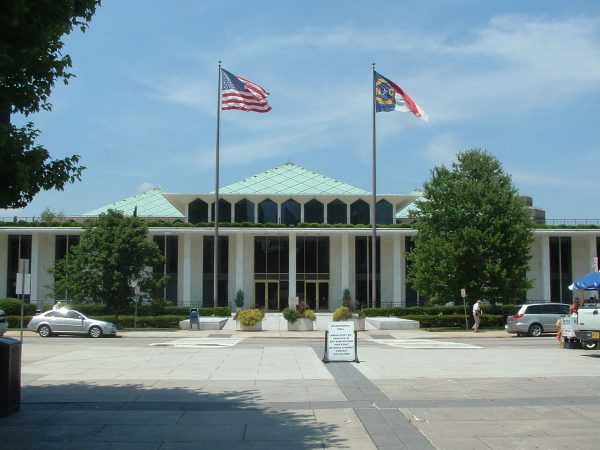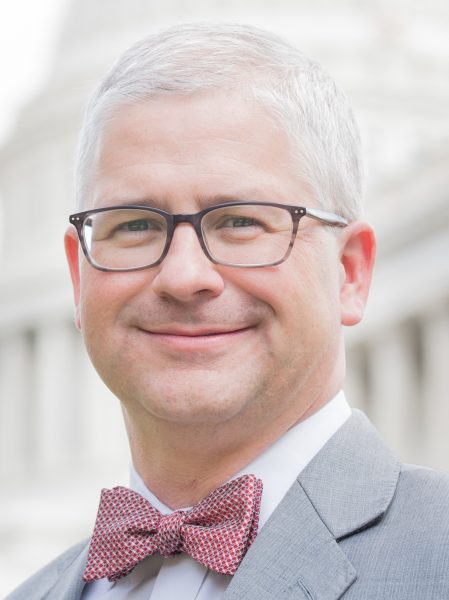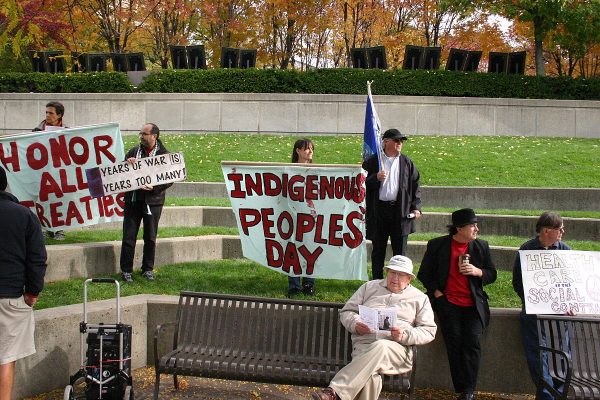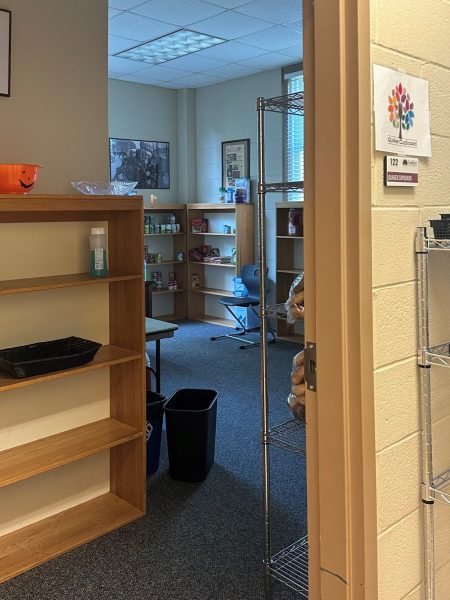When Say Yes says no
The sun provided a natural spotlight for the plethora of local news crews that surrounded Voces de Guilford Dreamers, a group of undocumented Guilford County high school students and recent graduates carrying homemade signs sporting colors generally reserved to symbolism the patriotism of the United States.
On Sept. 13, a crowd gathered on the lawn of Greensboro Coliseum’s Special Events Center during a college fair for prospective students. These students were not there to explore colleges, however. Instead, they wanted to voice their concerns regarding the exclusion of undocumented students in the “Say Yes” program of Guilford County.
After spending hours speaking with the media, passing out fliers to support their cause and alerting college fair goers to their plight, the group proceeded to head inside of the Coliseum. While in attendance of the fair, the demonstrators spoke with several colleges on-site and listened to Say Yes representatives explain the details of the program in hopes of getting answers to their questions.
Say Yes is a nonprofit organization started in 1987 when money manager George Weiss made a commitment to send 112 Philadelphia sixth-graders to college once they graduated high school. In 2015, Weiss expanded his promise to serve entire communities by offering high school students financial aid and support in order to continue their post-secondary education. Guilford County Schools became the third community-wide chapter of the organization in Sept. 2015.
Unfortunately, the Say Yes Scholarship comes with a few restrictions.
“Our scholarship component requires the (Free Application for Federal Student Aid),” said Say Yes Guilford Director of Communications Donnie Turlington. “If they can’t complete the FAFSA and they are not eligible for federal aid or state aid, we can’t determine what their aid need is.”
Conversely, Say Yes informational material contains language that persuades undocumented individuals to proceed with the application process by saying that they, “encourage undocumented and Deferred Action for Childhood Arrival students to fill out the paperwork for Say Yes scholarships, with the intent of matching those students with private college and university partners.”
While the organization does acknowledge that undocumented students are not eligible for “last dollar” tuition scholarships, it does state that Say Yes is “open to considering efforts by members of the local community to establish designated funds.”
In an effort to keep their word, Say Yes invited several colleges to their event for students with special circumstances in mind. The intention: to guide students in the direction of institutions that would be able to accommodate their individual situation.
“We have said that maybe our scholarship isn’t the solution, but let’s go find (colleges) like Guilford College that have programs that support international and undocumented students and create a pathway with those schools,” said Turlington.
Trinity College, located in Hartford, Connecticut, was one of the colleges attending the event. While Trinity has found ways to help undocumented students obtain a college degree by offering them international scholarships, trinity Vice President for Enrollment and Student Success Angel Pérez shared that undocumented students cannot apply for state scholarships or federal grants.
“They can’t do internships, particularly if they are paid inthe same manner as their peers,” said Pérez. “They can’t study abroad, and we can’t build work-study into their financial aid award package. We have to think through all of these issues to make sure they don’t feel ostracized.”
Being “not accepted” into the organization’s scholarship program is just what the Guilford Dreamers are fighting against by asking to be considered as viable applicants of the Say Yes scholarship fund. While appreciated, they are not asking the organization to find alternative methods outside of the program to attend college.
“We were there to get Say Yes to include us,” said Dulce Lopez-Alvarez, Voces de Guilford Dreamers member and Early College first-year. “They previously stated that hey included all Guilford County students but then excluded us.”
Turlington, who expressed sympathy for the demonstrators fighting for inclusion into their program, extended an olive branch to the students.
“We like to say that we never say no until we have to say no,” said Turlington. “I don’t know if (Voces de Guilford Dreamers) ever reached out to us. We would have loved to talk to them.”
Araceli Garnica-Garcia, a 2016 graduate of Southeast Guilford High School, had applied for the Say Yes scholarship program after encouragement from her school counselor. Both Garcia-Garnica and her counselor became familiar with the program through provided literature that did not list restrictions for undocumented individuals. It was not until Garcia-Garnica began calling the organization to inquire about possible funding to meet her registration deadline to Bennett College that she began to receive conflicting information from staff representatives.
“From their message and fliers, they said the scholarships were for all Guilford County students,” said Garcia-Garnica. “I called a couple of times, and all the answers were basically the same: ‘We are working on it. We don’t know what to say.’ Then I was told that in-state tuition hadn’t been approved for undocumented individuals, so it was hard for them to approve scholarships for undocumented individuals. They never sent me a denial letter.”
Within the vicinity of the Guilford Dreamers stood Alan Duncan, chair of the Guilford County Board of Education, commenting to the media about how he understood the plight of the young students lifting their voices to be allowed to take part in the American dream that is dangled before their eyes.
“The stories are heartbreaking,” said Duncan.
Around the corner stood a security guard, holding tight to his belt as he stared intently at the group of teens asking for money to go to school. Hoards of people walked past the small group of demonstrators with their heads down.










